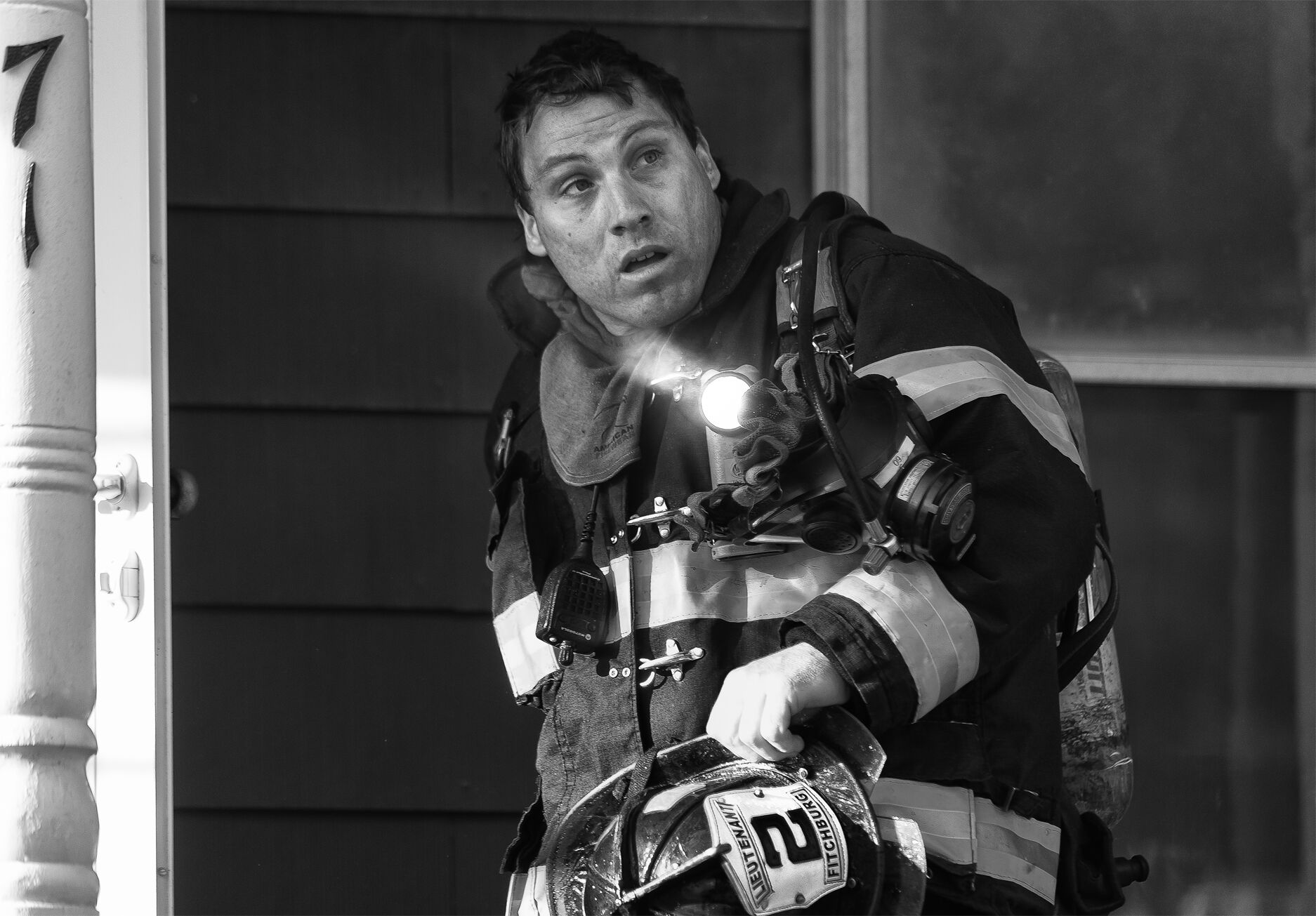Get the help you need right now 855-900-8437 Get Help Now
Get the help you need right now 855-900-8437 Get Help Now
May 12, 2019
While significant strides have been made to normalize conversations around mental health in the fire service, some degree of stigma still exists. Unfortunately, stigma can be even more pervasive in the fire service. As a fire fighter or paramedic, you may feel like you’re expected to silently shoulder the weight of trauma, depression or anxiety. Coping with mental illness is never easy. When friends or family don’t understand, this can further exacerbate your struggle.
The reality is that some co-workers, friends and family members might not understand your condition. They may tell you that it is “all in your head” or criticize how you are coping with it. While this can be difficult to hear, there are ways you can continue to take care of yourself while helping your loved ones understand your condition.

Don’t take this on alone. Mental health and substance use disorders require evaluation and diagnosis from a trained, licensed mental health professional who can identify your condition and put you on a path toward recovery by educating you on available treatment options.
Mental illness can leave you feeling vulnerable, especially if the people around you dismiss it altogether. While you may be tempted to withdraw, the best way to enlighten your loved one is to talk honestly and openly about your own experiences.
When a trusted friend or family member asks how you’re doing, be honest with them. In many cases, people who are unfamiliar with mental health conditions simply may not understand what it’s like to grapple with one. Your experiences can broaden their perspective. This won’t just make your personal relationships with your loved ones stronger, it can also help them extend compassion and empathy to the other people in their lives who may live with mental health conditions.
While being open and honest about your mental illness can help others understand what it’s like to have one, it may also leave you open to criticism or critique. Some friends and family may struggle to be supportive. They may insist that your mental illness isn’t real or scrutinize the steps you’re taking to manage it. As hard as it may be, in relationships such as these, it may be important to set boundaries while seeking support from other sources in your life.
The truth is that mental health conditions are a reality for many fire fighters and emergency medical service personnel. According to the Substance Abuse and Mental Health Services Administration (SAMHSA), these groups may have higher risks of depression, post-traumatic stress disorder (PTSD), substance use and suicidal thoughts and attempts.
According to SAMHSA and other resources:
When other people invalidate your experiences or make you feel like a mental health condition is somehow your fault, it can be difficult to not feel alone or ashamed. However, choosing to focus on supportive relationships is an empowering act of self-compassion. Talk to a therapist or a compassionate loved one. Take time to write down your thoughts and feelings. Remind yourself that you are not your illness and that your difficulties are not your fault.
If you’re struggling with PTSD, anxiety, depression, addiction or another behavioral health condition, know that you deserve compassion and care. The IAFF Center of Excellence has already connected hundreds of fire fighters to the professional treatment they need. The Center of Excellence can help you, too. Reach out to a representative today for more information.
National Alliance on Mental Illness. “Disclosing to Others.” Accessed on March 1, 2019.
Stanley et al. “Career prevalence and correlates of suicidal thoughts and behaviors among firefighters.” August 28, 2015. Accessed May 8, 2019.
Substance Abuse and Mental Health Services Administration. “Disaster Technical Assistance Center Supplemental Research Bulletin: First Responders: Behavioral Health Concerns, Emergency Response, and Trauma.” May 2018. Accessed on March 1, 2019.
Medical Disclaimer: The IAFF Center of Excellence aims to improve the quality of life for people struggling with a substance use or mental health disorder with fact-based content about the nature of behavioral health conditions, treatment options and their related outcomes. We publish material that is researched, cited, edited and reviewed by licensed medical professionals. The information we provide is not intended to be a substitute for professional medical advice, diagnosis or treatment. It should not be used in place of the advice of your physician or other qualified healthcare provider.